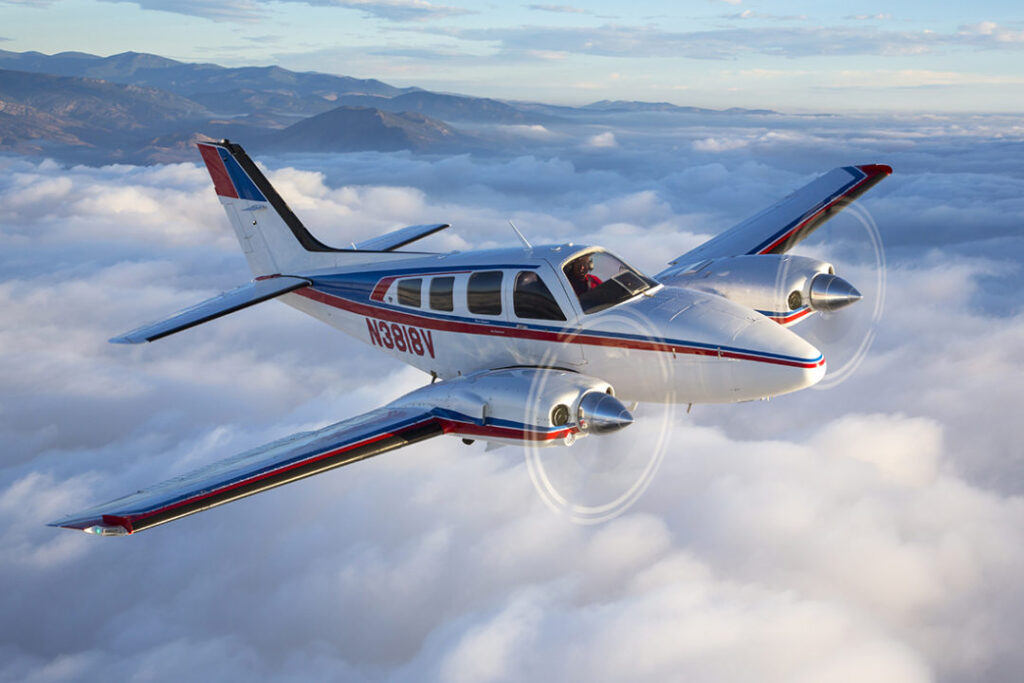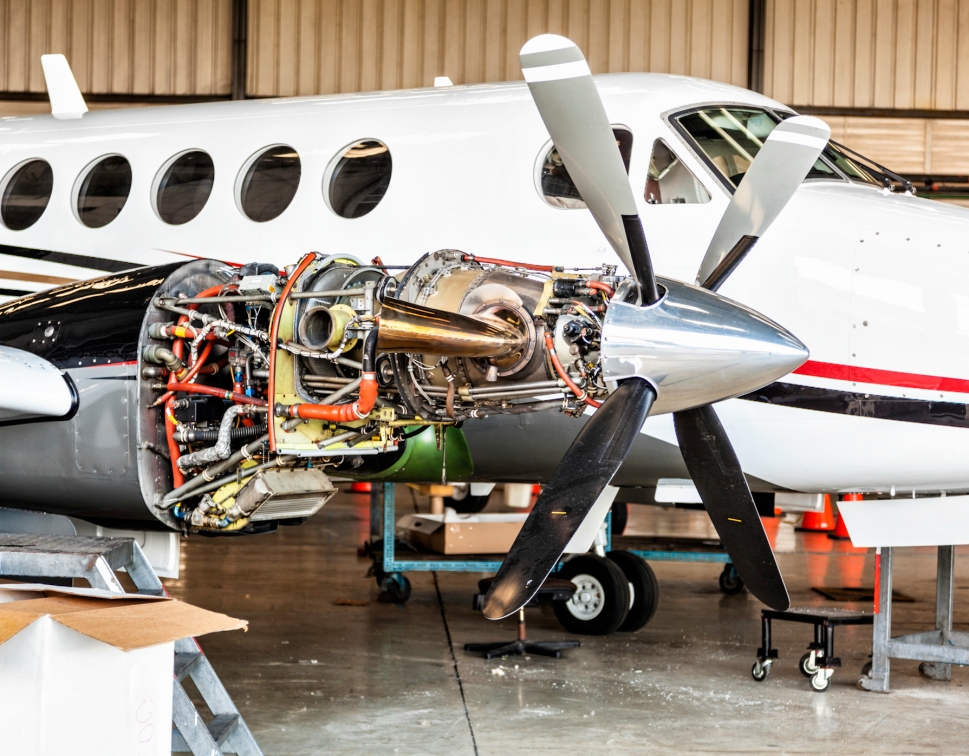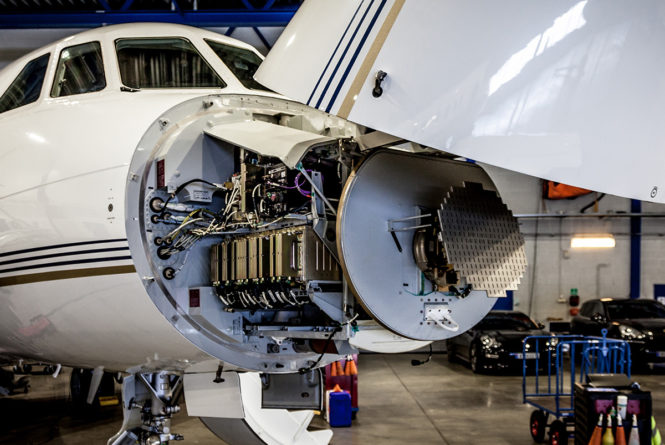Veteran owned company continuing to provide service to our country and our customers through our many years of combined leadership and knowledge.
Our years of FAA experience ensure your success by providing a clear roadmap and guidance for regulatory prerequisites.
We will communicate throughout the certification process. We will use TeamViewer and other conferencing software when needed to help you create your manuals and meet regulatory requirements.





